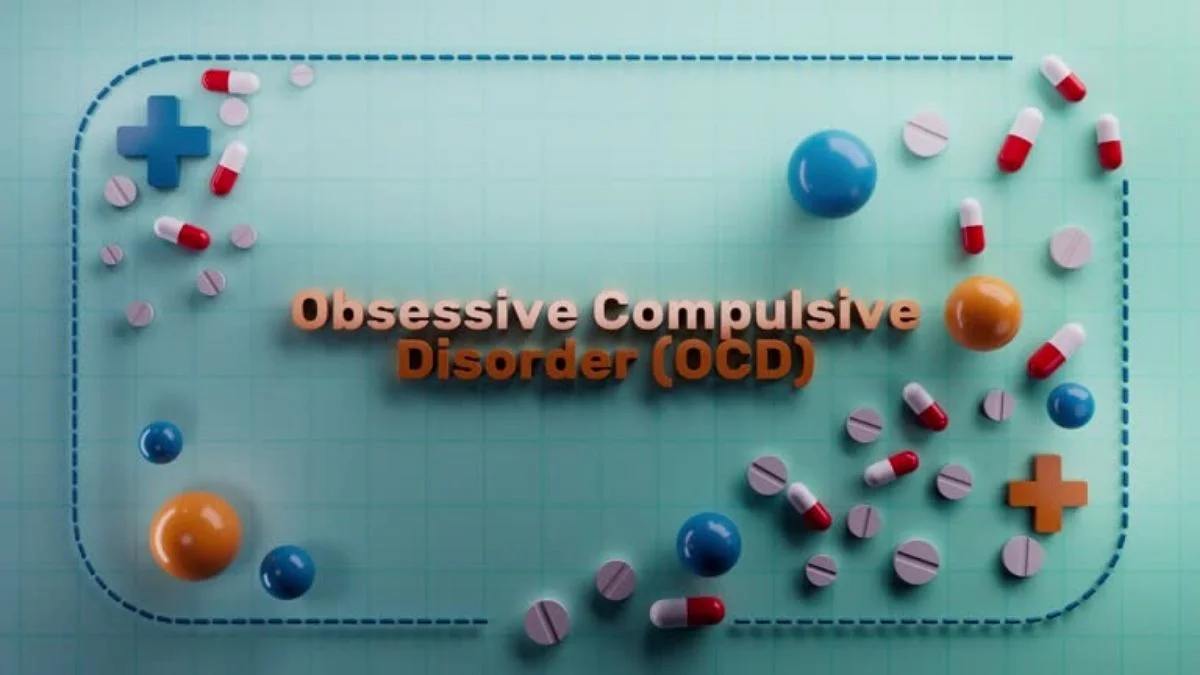HEALTH AND FITNESS
OCD Treatment Centers: Finding Hope and Effective Care

For individuals struggling with obsessive-compulsive disorder, the right care can make all the difference in recovery. Specialized OCD treatment centers provide targeted therapies, compassionate support, and structured programs designed to help individuals regain control of their lives. With professional guidance, patients can learn effective coping strategies, reduce intrusive thoughts and compulsions, and begin to live more freely.
Table of Contents
Understanding OCD and Its Challenges
Obsessive-compulsive disorder (OCD) is a mental health condition characterized by unwanted intrusive thoughts (obsessions) and repetitive behaviors (compulsions) aimed at relieving anxiety. These cycles can be extremely distressing and time-consuming, often interfering with daily responsibilities, relationships, and overall quality of life. OCD is not simply about being “neat” or “organized”—it is a serious disorder that requires evidence-based treatment.
Why Choose Specialized OCD Treatment Centers?
While general therapy can provide some relief, OCD often requires highly specialized care. Treatment centers dedicated to OCD offer several advantages:
- Expert Clinicians: Therapists trained in OCD-specific methods such as exposure and response prevention (ERP).
- Structured Programs: Daily schedules that balance therapy, education, and self-care.
- Peer Support: Opportunities to connect with others who share similar struggles.
- Holistic Care: Integration of mental, emotional, and physical well-being.
- Continuity of Care: Options ranging from residential to outpatient treatment to meet varying needs.
Types of Programs Offered in OCD Treatment Centers
Different levels of care are available depending on the severity of symptoms.
- Residential Programs: Provide 24/7 support and intensive treatment for individuals with severe OCD symptoms.
- Partial Hospitalization Programs (PHP): Daytime programs that allow patients to return home in the evenings.
- Intensive Outpatient Programs (IOP): Flexible care with multiple therapy sessions per week while maintaining daily responsibilities.
- Outpatient Therapy: Weekly sessions for ongoing support and relapse prevention.
Evidence-Based Therapies Used in OCD Treatment Centers
The most effective programs rely on evidence-based approaches tailored to each individual.
- Cognitive Behavioral Therapy (CBT): Helps individuals reframe negative thought patterns and adopt healthier coping mechanisms.
- Exposure and Response Prevention (ERP): A cornerstone of OCD treatment that gradually exposes patients to triggers while preventing compulsive behaviors.
- Acceptance and Commitment Therapy (ACT): Encourages patients to accept intrusive thoughts without judgment and focus on values-based living.
- Medication Management: Selective serotonin reuptake inhibitors (SSRIs) are commonly prescribed to help regulate brain chemistry.
- Group Therapy: Provides peer support, encouragement, and shared learning experiences.
Additional Supportive Therapies
Many OCD treatment centers also integrate supportive therapies that address the whole person:
- Mindfulness and Meditation: Reduce stress and improve emotional regulation.
- Family Therapy: Involves loved ones in the recovery process, fostering understanding and support.
- Nutritional Counseling: Promotes physical health and balanced energy levels.
- Creative Therapies: Art, music, and movement therapy provide outlets for self-expression.
How OCD Treatment Centers Help Daily Functioning
One of the biggest goals of treatment is improving everyday functioning. By learning to manage obsessive thoughts and resist compulsions, individuals regain control over routines, work, relationships, and personal goals. Over time, patients experience reduced anxiety, improved confidence, and a greater sense of freedom.
Who Can Benefit from OCD Treatment Centers?
OCD treatment centers are ideal for individuals who:
- Experience severe or treatment-resistant OCD
- Have symptoms interfering with work, school, or relationships
- Struggle with co-occurring conditions such as depression or anxiety
- Need structured support beyond traditional outpatient care
- Are motivated to learn new skills and strategies for managing OCD
What to Expect During Treatment
Patients entering an OCD treatment center typically undergo an initial assessment to determine the severity of symptoms and the best course of care. From there, a personalized treatment plan is developed, combining therapy sessions, skills training, and supportive activities. Progress is monitored closely, and plans are adjusted as needed to ensure the best outcomes.
Overcoming Stigma and Misunderstandings
Many people with OCD hesitate to seek help due to stigma or misconceptions about the disorder. However, treatment centers provide compassionate, judgment-free environments where individuals can safely explore their struggles and begin the healing process. Seeking specialized care is a sign of strength and an important step toward recovery.
The Long-Term Benefits of Treatment
While OCD may not disappear entirely, with proper treatment, symptoms can be managed effectively. Long-term benefits include:
- Reduced frequency and intensity of intrusive thoughts
- Greater ability to resist compulsions
- Improved mood and reduced anxiety
- Stronger relationships with family, friends, and peers
- Renewed confidence and independence
Virtual OCD Treatment Options
In today’s world, many treatment centers also provide online therapy and virtual programs. These options make care more accessible for individuals who cannot attend in person due to distance, health concerns, or other limitations. Virtual treatment follows the same evidence-based methods and provides ongoing support in a convenient format.
Final Thoughts
Seeking help from OCD treatment centers can transform lives by providing specialized care, effective therapies, and supportive communities. With the right program, individuals learn to manage symptoms, reduce anxiety, and build healthier, more fulfilling lives. Professional guidance makes it possible to move beyond the cycle of obsessions and compulsions into a future of greater freedom and stability. Programs like Treat Mental Health Washington offer expert-led OCD treatment options that give individuals the tools they need to achieve lasting recovery.
-

 GENERAL7 months ago
GENERAL7 months agoChristofle – For Those Who Dream of Family Heirloom Silver
-

 SPORTS9 months ago
SPORTS9 months agoDiscover the World of Football with Streameast: Watch Your Favorite Leagues and Tournaments
-

 GENERAL3 weeks ago
GENERAL3 weeks agoUncovering the World of кинокрадко: The Dark Side of Film Piracy
-

 GENERAL3 months ago
GENERAL3 months agoATFBooru: Anime, Gaming, and Subculture Imageboard























